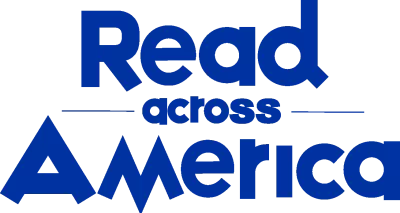Share this book
In The Reel Wish, Florencia’s passion for dance is central to her identity and emotional growth. Use her story as a springboard to help students explore and share what they’re passionate about.
Like Flor—and her friends—students have things they care about deeply and that make them feel alive, focused, or proud. Talk with students about their passions. What gives them energy, helps them express themselves, or challenges them to grow?
Ask students to write a short personal narrative or reflection about their passion. They can focus on a specific moment that captures what the passion means to them, or take a broader approach by explaining how they discovered it, how it makes them feel, and why it matters in their lives. Another creative option is to have them write a letter to their passion, expressing what it has taught them and how it shapes who they are.
Create time for students to share their work and bring in an artifact that represents their passion—a photo, tool, drawing, award, sporting equipment, costume, or other object—or to give a short demonstration or explanation.
Questions for Discussion or Reflective Writing
- What does the relationship between Florencia and Selena reveal about the complexities of friendships in competitive environments? How do you think the constant critique from Madame Sophie and the pressure they put on themselves affected how they regarded and treated each other?
- What does it mean to be a friend? What are the qualities of a healthy friendship? Have you experienced a friendship challenged by competition or misunderstandings? How do you support your friends? Do you understand and agree or disagree with what Dr. Philips tells Florencia: “Friends are so important, but most important is how we feel when we’re around them.” Why or why not?
- How does the bullying Florencia experiences—both in person and online—affect her confidence, mental health, and relationships? What do these experiences reveal about the emotional toll bullying can take on someone trying to recover from a setback? How does Florencia begin to rebuild her confidence after being bullied? What steps does she take that others might find helpful? What helps strengthen her resilience?
- Given what Selena puts Florencia through, how would you feel about making new friends? What fears or insecurities do you notice Florencia has about building friendships with Candy and Larkin?
- What do you think of Candy’s advice to Florencia about instead of “saying ‘my anxiety’ maybe saying ‘the anxiety I feel’ or something similar would give [her] more power over it?” What power do you think language has to shape how we see ourselves? How might changing the way we talk about our emotions change how we experience or manage those emotions?
- How does Florencia’s cultural background influence her identity and choices? How does Flor’s family support her? What else helps her learn to separate her identity from the challenges she has?
Related Resources
The Reel Wish Teacher’s Guide by Lee & Low Books
More Titles to Try
Stay on top of current education news



